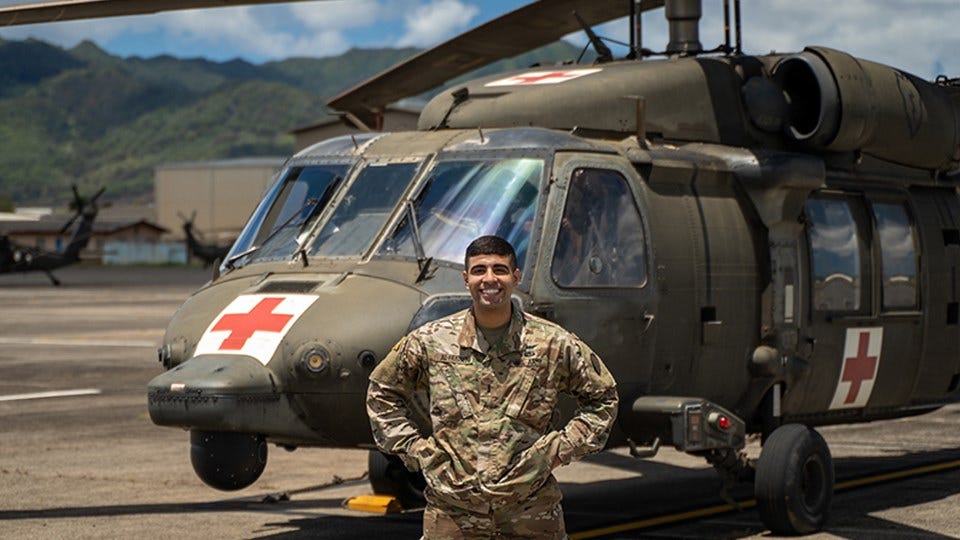Purdue Grad Student Develops Flight Training Technology
 In addition to his graduate studies in engineering at Purdue University
In addition to his graduate studies in engineering at Purdue University
Subscriber Benefit
As a subscriber you can listen to articles at work, in the car, or while you work out. Subscribe NowA Purdue graduate student, who has developed an in-flight training tool he says could save the U.S. military millions of dollars, will compete next month against five other teams in the 2021 Collegiate Inventors Competition. Mahdi Al-Husseini is a graduate student in the Purdue School of Electrical and Computer Engineering.
He says the Aura Training Systems he developed, along with his Stanford University teammate Joshua Barnett, can reduce training time for Army helicopter pilots by 10%.
Al-Husseini says Aura analyzes instrument displays using a pipeline of computer vision and machine learning techniques. It then identifies the helicopter maneuver being performed and creates performance reports.
“Training pilots is an intensive process that ensures plane and helicopter operation is safe,” said Al-Husseini in the contest submission form. “However, pilots in most aircraft, especially noncommercial, nonpassenger aircraft, lack real-time access to meaningfully processed flight data.”
Al-Husseini knows something about military pilot training. He’s also a med-evac pilot with the U.S. Army and flies the HH-60M Sikorsky Black Hawk.
“My ability to fly affects not only myself and my crew, but also patients who may require lifesaving care,” said 1st Lieutenant Al-Husseini.
Al-Husseini estimates Aura could potentially save the Army $106 million per year in training costs.
Next month, the team will present its Aura Training System to a team of inductees in the National Inventors Hall of Fame and officials from the U.S. Patent and Trademark office.

